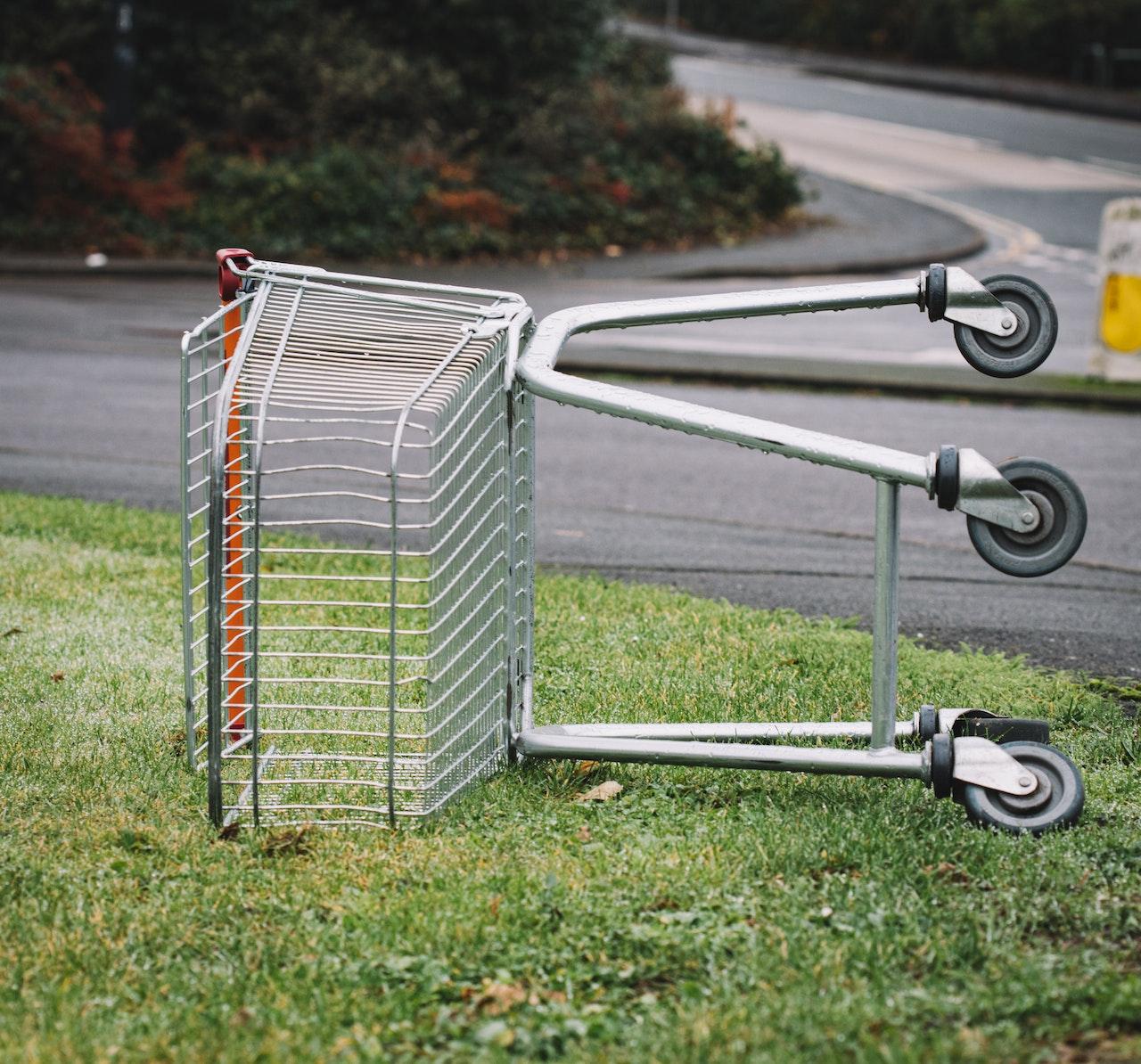The volume has decreased, but is less food really consumed?
The FMCG industry is experiencing challenging times due to the ongoing pandemic and other economic factors such as inflation and supply chain disruptions. During Pénzcentrum‘s recent discussion with representatives of major retailers, including Auchan, Aldi, Lidl, Penny, SPAR, and Tesco, the magazine gained insight into how these companies are coping with the current market conditions.

Auchan reported a decrease in demand for non-food items, despite the lower rate of inflation in this category. However, customers are still price-conscious and seek good value for their money. Auchan aims to meet this demand by offering a wide range of own-brand products and discounts.
Similarly, Lidl emphasized the importance of a good price-to-value ratio in the current economic climate. The company has noted that customers are responding positively to promotions, and they are more likely to choose own-brand products over more expensive brand names.
Penny, on the other hand, has had to adapt its supply chain due to ongoing disruptions caused by the pandemic. This has resulted in some product shortages, but the company is working hard to ensure that customers have access to the items they need. Despite the challenges, Penny has seen an increase in demand for products in the convenience food and household cleaning categories.
SPAR has experienced a decline in the volume of non-food items sold, with a 10% decrease in volume in 2022 compared to 2021. Inflation and unfavorable changes in the exchange rate have played a significant role in this decline. However, the company remains committed to providing value to its customers by offering a range of own-brand products.
Finally, Tesco has reported that global market conditions have led to an increase in the price of raw materials and energy. The company has seen a decrease in demand for non-food items, with customers opting for cheaper alternatives. Despite these challenges, Tesco remains committed to providing customers with a diverse range of products at competitive prices.
In conclusion, the FMCG industry is navigating a challenging market, but major retailers such as Auchan, Aldi, Lidl, Penny, SPAR, and Tesco are adapting to the current conditions. These companies are prioritizing the needs of their customers by offering a range of products at competitive prices and by working to address supply chain disruptions.
Related news
Mere in Lithuania: Rapid growth and a hard discount niche left open by Lidl
🎧 Hallgasd a cikket: Lejátszás Szünet Folytatás Leállítás Nyelv: Auto…
Read more >Lidl Netherlands Aims For 46% Healthy Food Sales By 2030
🎧 Hallgasd a cikket: Lejátszás Szünet Folytatás Leállítás Nyelv: Auto…
Read more >Nearly 140 domestic suppliers, 60% growth – SPAR Regions Treasures program accelerates with AI solutions
🎧 Hallgasd a cikket: Lejátszás Szünet Folytatás Leállítás Nyelv: Auto…
Read more >Related news
The impact of the forint exchange rate on GDP growth
🎧 Hallgasd a cikket: Lejátszás Szünet Folytatás Leállítás Nyelv: Auto…
Read more >Cheese-cocoa-peach jam: these are the most popular cookie flavors
🎧 Hallgasd a cikket: Lejátszás Szünet Folytatás Leállítás Nyelv: Auto…
Read more >








